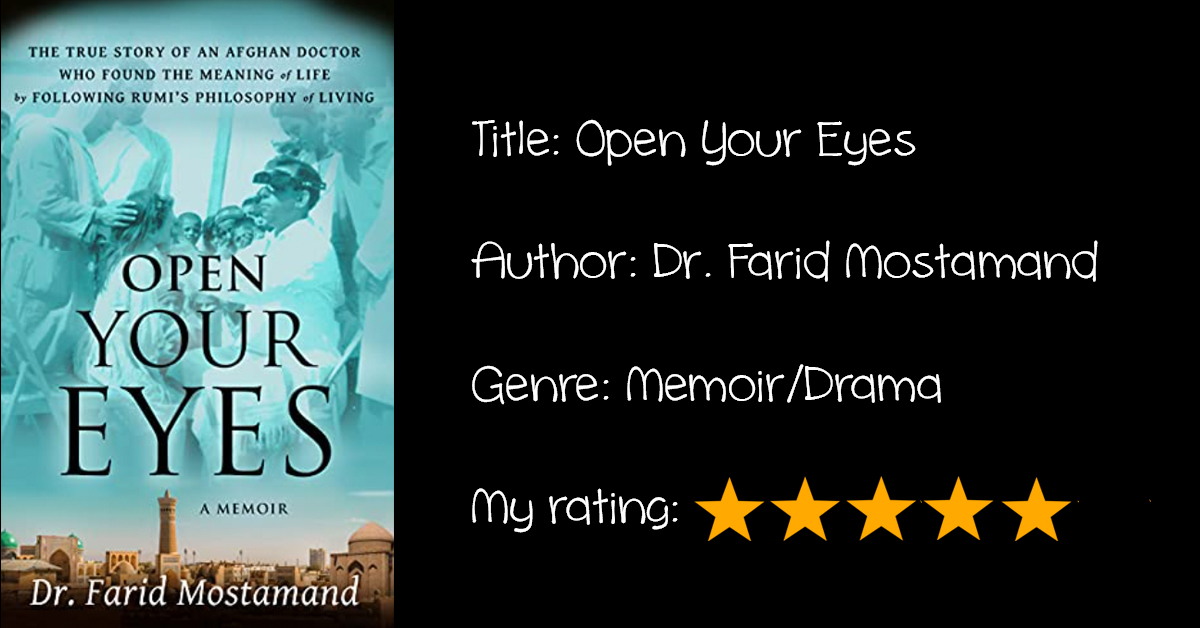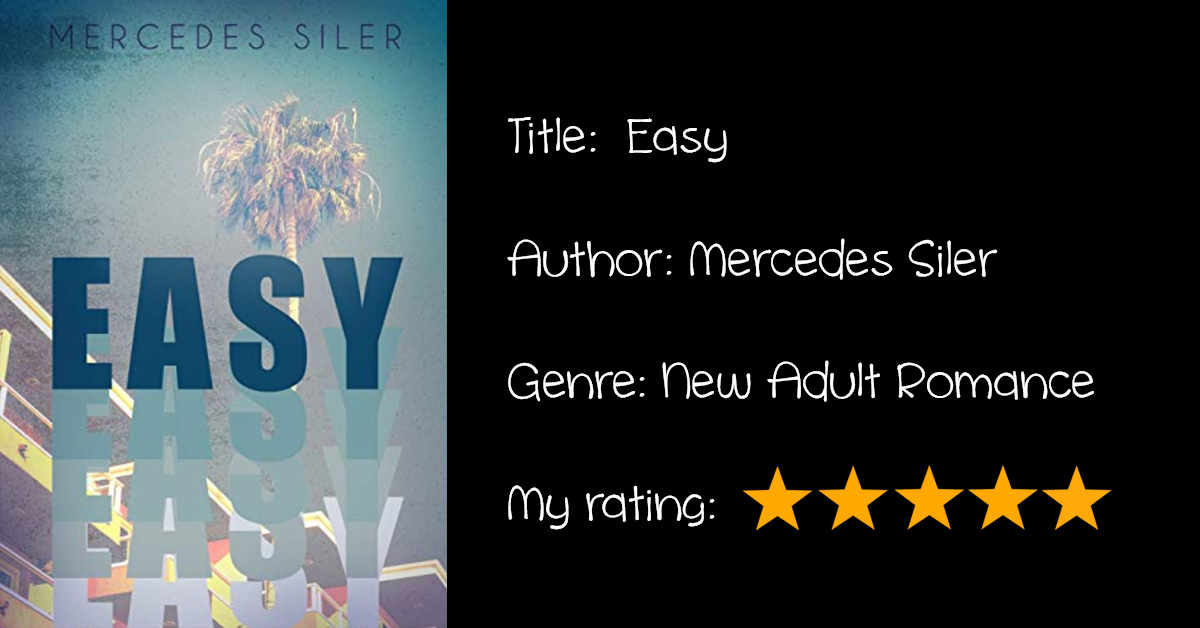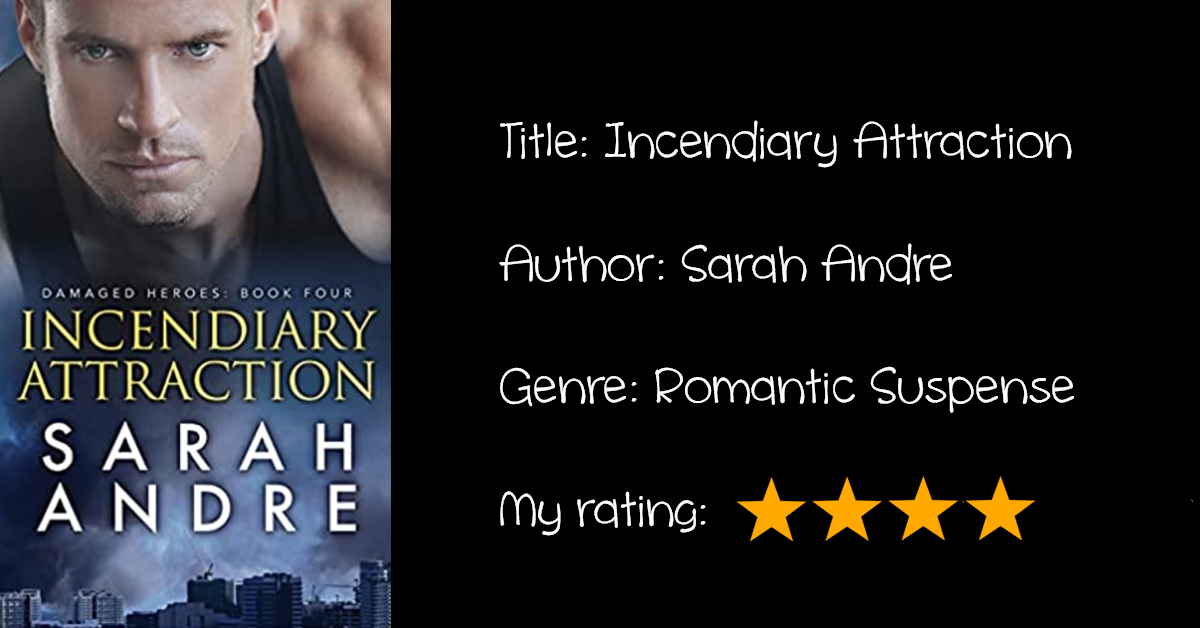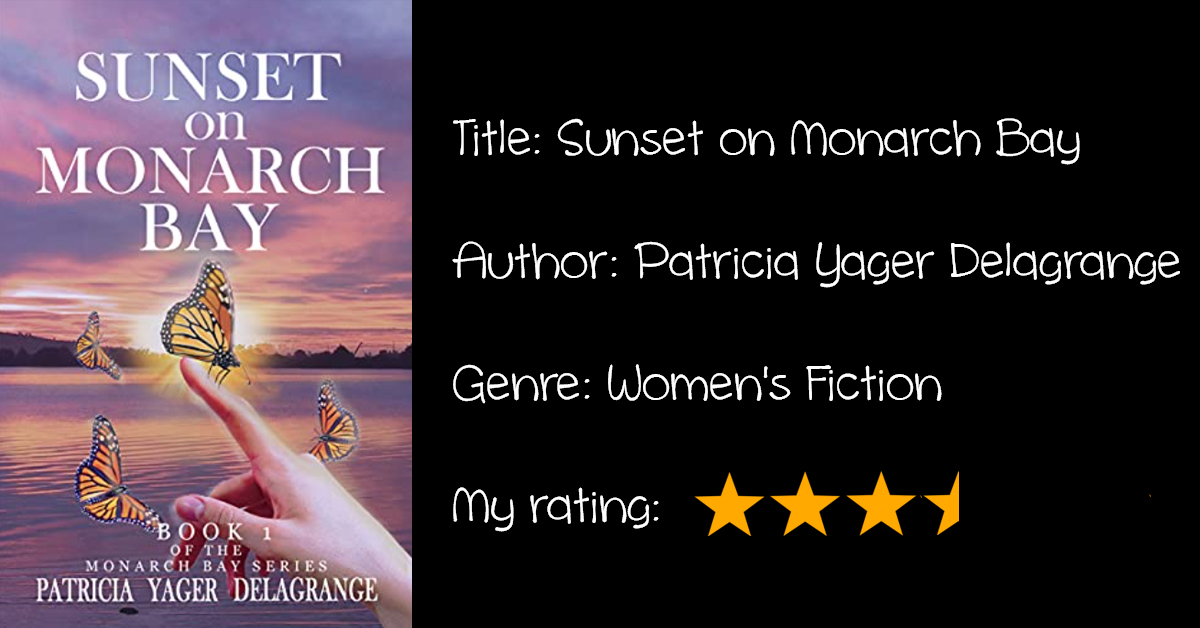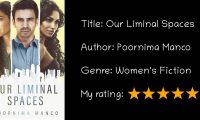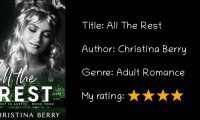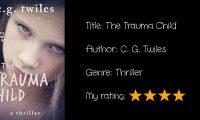Review: “Open Your Eyes”
An enjoyable, heart-warming tale of dedication and selflessness to a worthy cause
This was my thirty-eighth book I chose via the Reedsy Discovery program, for which I am the single approved reviewer for this new book. This review also appears on Reedsy.
If you’re interested in becoming a Reedsy reviewer (and have the chance to get paid “tips” to review books!) check it out here.
The Premise
An image of a blind child in a newspaper became the catalyst for Dr. Mehdi Mostamand to change the course of his life, and dedicate it to helping the poor who do not have easy access to healthcare. The author recounts his father’s life and achievements.
The Pros
This was an enjoyable, heart-warming tale of dedication and selflessness to a worthy cause.
Interweaving his father’s journals with his own recollections, the author highlights his father’s legacy. It is beautifully written with a storytelling cadence that is easy to fall into as the dialogue unfolds among the characters. We also learn history and culture of the region through the settings described, and the language used.
The doctor’s calm humility and grace in his personality shine through, particularly in the interviews with the media when he responded to any negative nay-sayers with confidence and purpose. His passion is also seen when he is confronted with bureaucracy, and his voice can be heard through the words:
These children are the future doctors, teachers, engineers, and scientists of our country. If we let them go blind, how can we put our country on the path of progress and advancement?
I loved the way he used his journals to inspire his children, rather than keeping it personal to just remind him of his past. Through his writings, he engaged them and taught them valuable lessons, and also shared part of himself:
Through his journal and his own stories, we learned about his deepest feelings. We learned what moved him, what made him happy, and why Mahatma Gandhi was his hero. […] We also learned how Dad felt about God and religion and why he loved poetry, Rumi, and Ismael Balkhi. His journal was a window into his soul.
As the narrative charts his journey to engage organisations to fund and support his initiatives, we also see the upheaval of the political climate around them. Alongside this explosive environment, there are sweet family moments of bonding and love. It was heartbreaking to see his father — a beacon of optimism, and a guiding light for the entire family — suffer from illness and depression, and eventually mental deterioration as the years went by. I am grateful to have learnt about his contributions, and also enjoyed the photos included at the end of the memoir.
Conclusion
This was a lovely read by a talented author to create this engaging blend of fact and constructed recollection into an enjoyable memoir. I was thrilled to learn of the dedication of this doctor and his contribution to the medical field in their country. Writing this story honours his life and his work, and I thank the author for sharing what was special about his father. I would recommend to other readers, and I look forward to any further work by the author.
